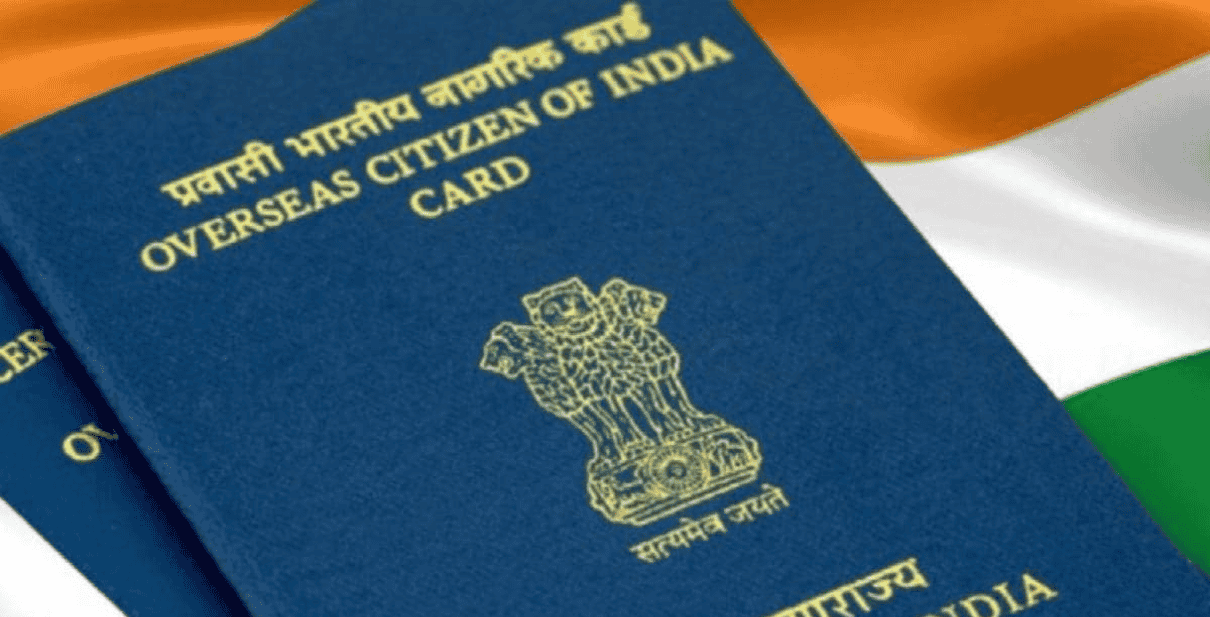As the global Indian diaspora continues to grow across the world, the Overseas Citizen of India (OCI) card has become a valuable bridge for NRIs looking to stay connected with their roots. At Ascent, we’re often asked about the OCI card—especially by those planning to explore investment opportunities in India or considering India as part of their retirement plan.
This month, we’re breaking it all down for you. From what the OCI card is to how it can benefit you and your family, here’s everything you need to know.
What is the OCI Card?
The Overseas Citizen of India (OCI) card is a long-term visa and residency privilege granted by the Government of India to individuals of Indian origin. Introduced in 2005 under the Citizenship Act, 1955, the OCI does not confer dual citizenship, but it significantly simplifies travel, residency, and certain economic activities in India.
Eligibility at a Glance
You may be eligible for an OCI card if:
- You were a citizen of India on or after January 26, 1950
- Your parents, grandparents, or great-grandparents were Indian citizens after August 15, 1947
- You belonged to a territory that became part of India after independence
- You are a minor child of such a person or of Indian citizens
- You are married to an Indian citizen or an existing OCI cardholder, and the marriage has lasted at least two years
Please note: If you are a citizen of Pakistan or Bangladesh, you are not eligible to apply for an OCI card.
Key Benefits of an OCI Card
- Visa-Free Travel
OCI cardholders can travel to India without applying for a visa every time. The card grants a lifelong, multiple-entry visa, making frequent visits much simpler. - No FRRO/FRO Registration
There’s no need to register with immigration authorities, no matter how long you plan to stay in India. This eliminates one of the common bureaucratic hassles many NRIs face. - Parity with NRIs in Financial Matters
As an OCI holder, you can buy residential and commercial property in India. You can also invest in Indian equities, mutual funds, and other instruments. Opening NRE, NRO, and FCNR accounts with Indian banks is also permitted. - Educational and Professional Opportunities
OCI holders have access to Indian educational institutions under the NRI quota and can take up employment in India, except in government and defence services. - Ease of Doing Business
If you're planning to start a business or invest in one, the OCI card offers the same ease as available to NRIs. You can engage in most forms of business in India without additional permissions.
Limitations to Consider
Despite its many advantages, there are certain restrictions that OCI cardholders must keep in mind:
- OCI holders do not have voting rights in Indian elections and therefore cannot participate in the democratic process.
- They are not eligible to contest public elections or hold public office in India.
- They cannot acquire agricultural land in India, although they are permitted to inherit agricultural property from family members.
OCI Application Process: A Step-by-Step Overview
- Online Registration
The process starts by filling out Part A and Part B of the application on the official OCI portal. - Document Submission
You’ll need to upload a copy of your current foreign passport, proof of Indian origin (such as an old Indian passport or birth certificate), passport-sized photos, and a marriage certificate if you're applying through your spouse. - In-Person Verification
After submitting your documents online, you’ll be required to visit the nearest Indian embassy or consulate. This visit is for biometric capture and final verification. - Processing Timeline
On average, the OCI card takes around 4 to 8 weeks to be processed, depending on the location and the completeness of your documentation.
- Online Registration
Why OCI Matters for Global Indians
The OCI card is more than just a travel document. For many of our NRI clients, it plays a strategic role. It makes investing in Indian capital markets easier, simplifies estate and succession planning, and supports long-term goals like retirement or relocation. It gives you the flexibility to maintain a global lifestyle while staying meaningfully connected to India.
Final Thoughts
In today’s increasingly borderless world, the OCI card serves as a powerful link between your international life and your Indian heritage. Whether you’re planning to invest, retire in India, or simply strengthen your financial presence in the country, understanding the OCI framework can help you make informed decisions.
If you or your family members are considering applying for an OCI card, or if you're already an OCI holder looking to make the most of your status for financial or investment planning, we’re here to guide you every step of the way.

